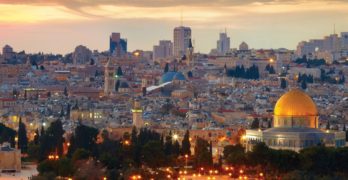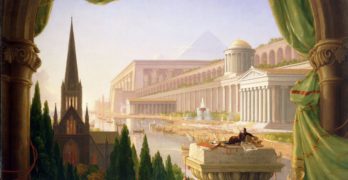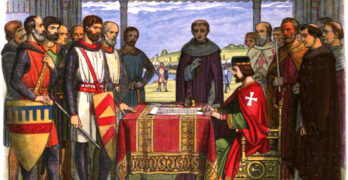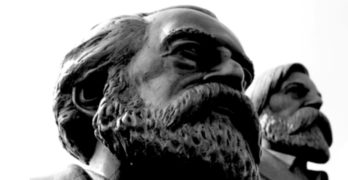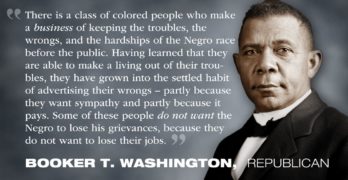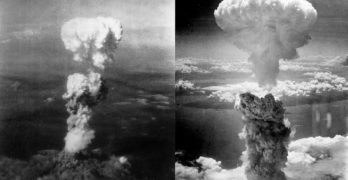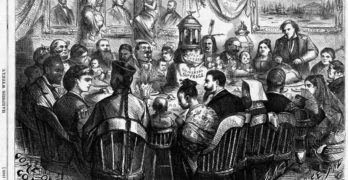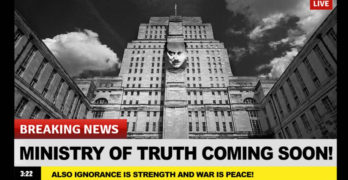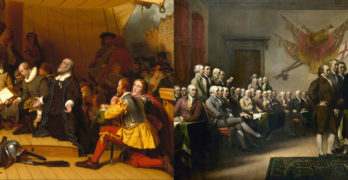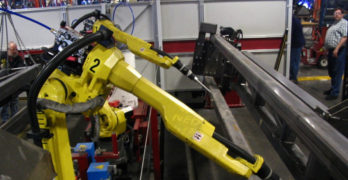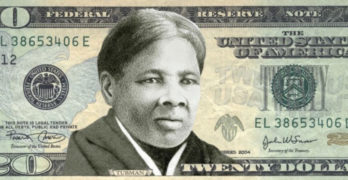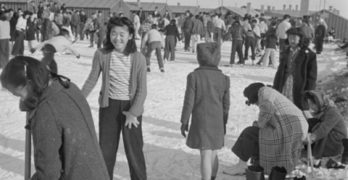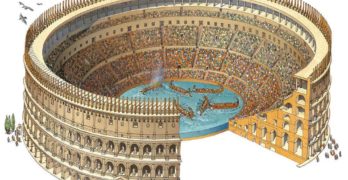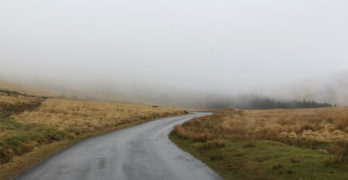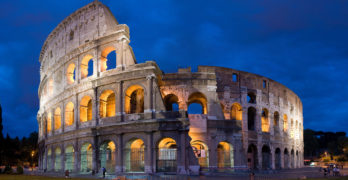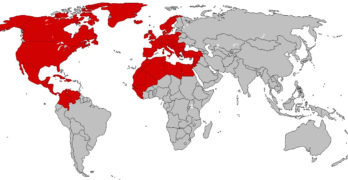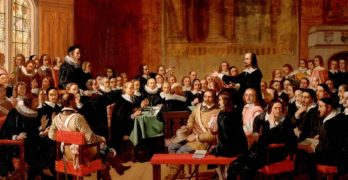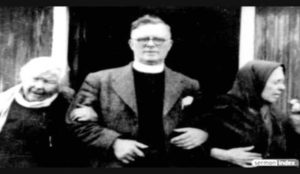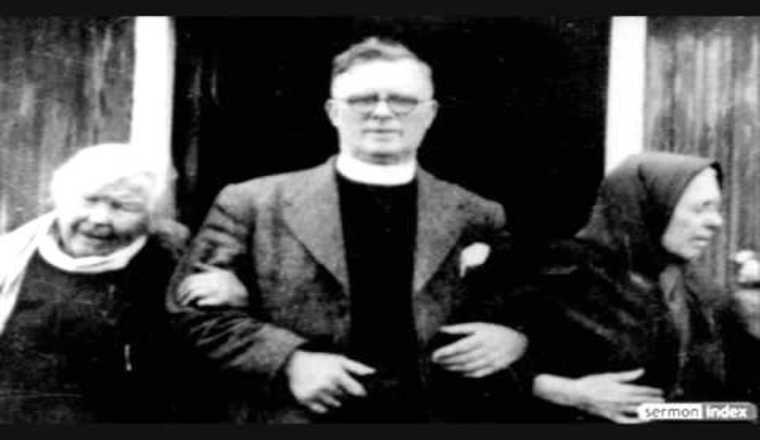 Now I am sure that you will be interested to know how, in November 1949, this gracious movement began on the island of Lewis. Two old women, one of them 84 years of age and the other 82 (one of them stone blind), were greatly burdened because of the appalling state of their own parish.
Now I am sure that you will be interested to know how, in November 1949, this gracious movement began on the island of Lewis. Two old women, one of them 84 years of age and the other 82 (one of them stone blind), were greatly burdened because of the appalling state of their own parish.
It was true that not a single young person attended public worship. Not a single young man or young woman went to the church. They spent their day perhaps reading or walking, but the church was left out of the picture. And those two women were greatly concerned, and they made it a special matter of prayer.
A verse gripped them: “For I will pour water upon him that is thirsty, and floods upon the dry ground” (Isaiah 44:3). They were so burdened that both of them decided to spend time in prayer twice a week.
On Tuesday they got on their knees at ten o’clock in the evening, and remained on their knees until three or four o’clock in the morning—two old women in a very humble cottage. One night one of the sisters had a vision. Now remember, in revival God works in wonderful ways.
A vision came to one of them, and in the vision she saw the church of her fathers crowded with young people, packed to the doors, and a strange minister standing in the pulpit.
She was so impressed by the vision that she sent for the parish minister. And of course, he, knowing the two sisters, knowing that they were two women who knew God in a wonderful way, responded to their invitation and called at the cottage. That morning one of the sisters said to the minister:
You must do something about this. And I would suggest that you call your elders together and that you spend at least two nights with us in prayer a week, Tuesday and Friday. If you gather your elders together, you can meet in a barn or a farming community, and as you pray there, we will pray here.”Well, that was what happened; the minister called his elders together, and seven of them met in a barn to pray on Tuesday and on Friday. And the two old women got on their knees and prayed with them.
That continued for some weeks, in fact, I believe almost a month and a half. Then, one night as they were kneeling there in the barn and pleading this promise, “I will pour water on him that is thirsty, and floods upon the dry ground,” a certain young man, a deacon in the church, got up and read Psalm 24: 3-5:
Who shall ascend into the hill of the Lord? Or who shall stand in his holy place? He that hath clean hands, and a pure heart; who hath not lifted up his soul unto vanity, nor sworn deceitfully. He shall receive the blessing (not a blessing, but the blessing) from the Lord.
And then that young man closed his Bible. And looking down at the minister and the elders, he spoke these crude words (but perhaps not so crude in our Gaelic language): “It seems to me to be so much humbug to be praying as we are praying, to be waiting as we are waiting, if we ourselves are not rightly related to God.” And then he lifted his two hands and prayed:
God, Are my Hands clean? Is my Heart pure?
But he got no further. That young man fell to his knees, and then fell into a trance. Now don’t ask me to explain this because I can’t. He fell into a trance and was now lying on the floor of the barn. And in the words of the minister, at that moment he and the other ministers were gripped by the conviction that a God-sent revival must ever be related to holiness and godliness. Are my hands clean? Is my heart pure? This is the man whom God will trust with revival; that was the conviction.
When that happened in the barn, the power of God swept into the parish. And an awareness of God gripped the community such as hadn’t been known for over a hundred years. An awareness of God—that’s revival! And on the following day, the looms were silent, and little work was done on the farms as men and women gave themselves to thinking on eternal things, gripped by eternal realities. Now, I wasn’t on the island when that happened. But, again, one of the sisters sent for the minister. And she said to him:
I think you ought to invite someone to the parish. I cannot give a name, but God must have someone in His mind, for I saw a strange man in the pulpit, and that man must be somewhere.” Well, the minister that week was going to one of our great conventions in Scotland.
At that convention he met a young man who was a student in college, and knowing that this young man was a God-fearing man, a man with a message, he invited him to the island. “Won’t you come for ten days, a ten-day special effort? We have had so many of them over the past couple of years, but we feel that something is happening in the parish, and we would like you to attend.”This minister said, “No, I don’t feel that I am the man, but quite recently there has been a very remarkable move in Glasgow under the ministry of a man by the name of Campbell. I would suggest that you send for him.
Now at that time I was in a college in Edinburgh. It wasn’t very easy for me to leave, but it was decided that I should go for ten days. I was on the island within ten days. I shall never forget the night that I arrived at the piers in the mail steamer.
I was standing in the presence of the minister whom I had never seen, and two of his elders that I never knew. The minister turned to me and said: “Mr. Campbell, I know that you are very tired. You have been traveling all day by train to begin with, and then by steamer. And I am sure that you are ready for your supper and ready for your bed.
But I wonder if you would be prepared to address a meeting in the parish church at nine o’clock tonight on our way home. It will be a short meeting, and then we will make for the manse, and you will get your supper and your bed, and rest until tomorrow evening.” Well, it will interest you to know that I never got that supper.
We got to the church about a quarter to nine to find about three hundred people gathered. I gave an address. Nothing really happened during the service. It was a good meeting.
There was a sense of God and a consciousness of His Spirit moving, but nothing beyond that. So I pronounced the benediction, and we were leaving the church around a quarter to eleven. Just as I was walking down the aisle along with this young deacon who had read the Psalm in the barn, he suddenly stood in the aisle and, looking up to the heavens said:
God, You can’t fail us! God, You can’t fail us! You promised to pour water on the thirsty and floods upon the dry ground. God, You can’t fail us!” Soon he was on his knees in the aisle praying, and then he fell into a trance once again. Just then, the door opened. It was then eleven o’clock.
The door of the church opened, and the local blacksmith came back into the church and said, Mr. Campbell, something wonderful has happened. Oh, we were praying that God would pour water on the thirsty and floods upon the dry ground, and listen, He’s done it! He’s done it!”
When I went to the door of the church I saw a congregation of approximately six hundred people. Where had they come from? What had happened? I believe that very night God swept by in Pentecostal power, the power of the Holy Ghost. And what happened in the early days of the Apostles was now happening in the parish of Barvas.
Over a hundred young people were at the dance in the parish hall, and they weren’t thinking of God or eternity. God was not in any of their thoughts. They were there to have a good night when suddenly the power of God fell upon the dance.
The music ceased, and in a matter of minutes, the hall was empty. They fled from the hall as a man fleeing from a plague, and they made for the church. They were standing outside, and they saw lights in the church, and that it was a house of God, so they went in.
Men and women who had gone to bed rose, dressed, and made for the church. There had been nothing done in the way of publicity, no mention of a special effort, except an announcement from the pulpit on the Sabbath that a certain man was going to be conducting a series of meetings in the parish covering ten days.
But God took the situation in hand. Oh, He became His own publicity agent. A hunger and a thirst gripped the people. Six hundred of them were now at the church standing outside.
Then, this dear man, the blacksmith, turned to me and said, “I think that we should sing a psalm.” And they sang, and they sang, and they sang, verse after verse. Oh, what singing! What singing! And then the doors were opened and the congregation flocked back into the church.
Now the church was crowded. A church to seat over eight hundred was now packed to capacity. It was now going on towards midnight. I managed to make my way through the crowd along the aisle toward the pulpit. I found a young woman, a teacher in the grammar school, lying prostrate on the floor of the pulpit praying,
Oh, God, is there mercy for me? Oh, God, is there mercy for me?
She was one of those at the dance. But she was now lying on the floor of the pulpit crying to God for mercy. That meeting continued until four o’clock in the morning. I couldn’t tell you how many were saved that night, but of this I am sure and certain, that at least five young men who were saved that night are ministers today in the Church of Scotland.
At four o’clock we decided to make for the manse. Of course, you understand we made no appeals; you never need to make an appeal or an altar call in revival. Why, the roadside becomes an altar.
We just leave men and women to make their way to God themselves; after all, that is the right way. God can look after His own. And when God takes a situation in hand, I tell you, He does a better work! So we left them there, and just as I was leaving the church, a young man came to me and said,
Mr. Campbell, I would like you to go to the police station.” I said, “The police station? What’s wrong?” “Oh,” he said, “There’s nothing wrong, but there must be at least four hundred people gathered around there just now.
Now the sergeant there was a God-fearing man. He was in the meeting. And next to the police station was the cottage in which the two old women lived. People knew that this was a home that feared God. I believe that that had something to do with the magnet, the power that drew men. There was a coach-load at that meeting.
A coach-load had come over twelve miles to be there. Now, if anyone would ask them today, “Why? How did it happen? Who arranged it?” They couldn’t tell you. But they found themselves grouping together, and someone was saying, “What about going to Barvas? I don’t know, but I have a hunger in my heart to go there.” I can’t explain it, they couldn’t explain it, but God had the situation in hand.
This is revival, dear people! This is a sovereign act of God! This is the moving of God’s Spirit, I believe, in answer to the prevailing prayer of men and women who believed that God was a covenant-keeping God and must be true to His covenant engagement.
I went along to that meeting. As I was walking along that country road (we had to walk about a mile), I heard someone praying by the roadside. I could hear this man crying to God for mercy.
I went over, and there were four young men on their knees. Yes, they had been at the dance, but they were now there crying to God for mercy. One of them was under the influence of drink, a young man who wasn’t twenty years of age.
But that night God saved him, and today he is the parish minister and a man of God. He was converted in the revival with eleven other men who were to serve in his presbytery, a wonderful congregation.
The question Duncan Campbell asked and which is being asked today is, Will the Church get back to the place of power, but not influence. We will try to examine that in Part 3.


